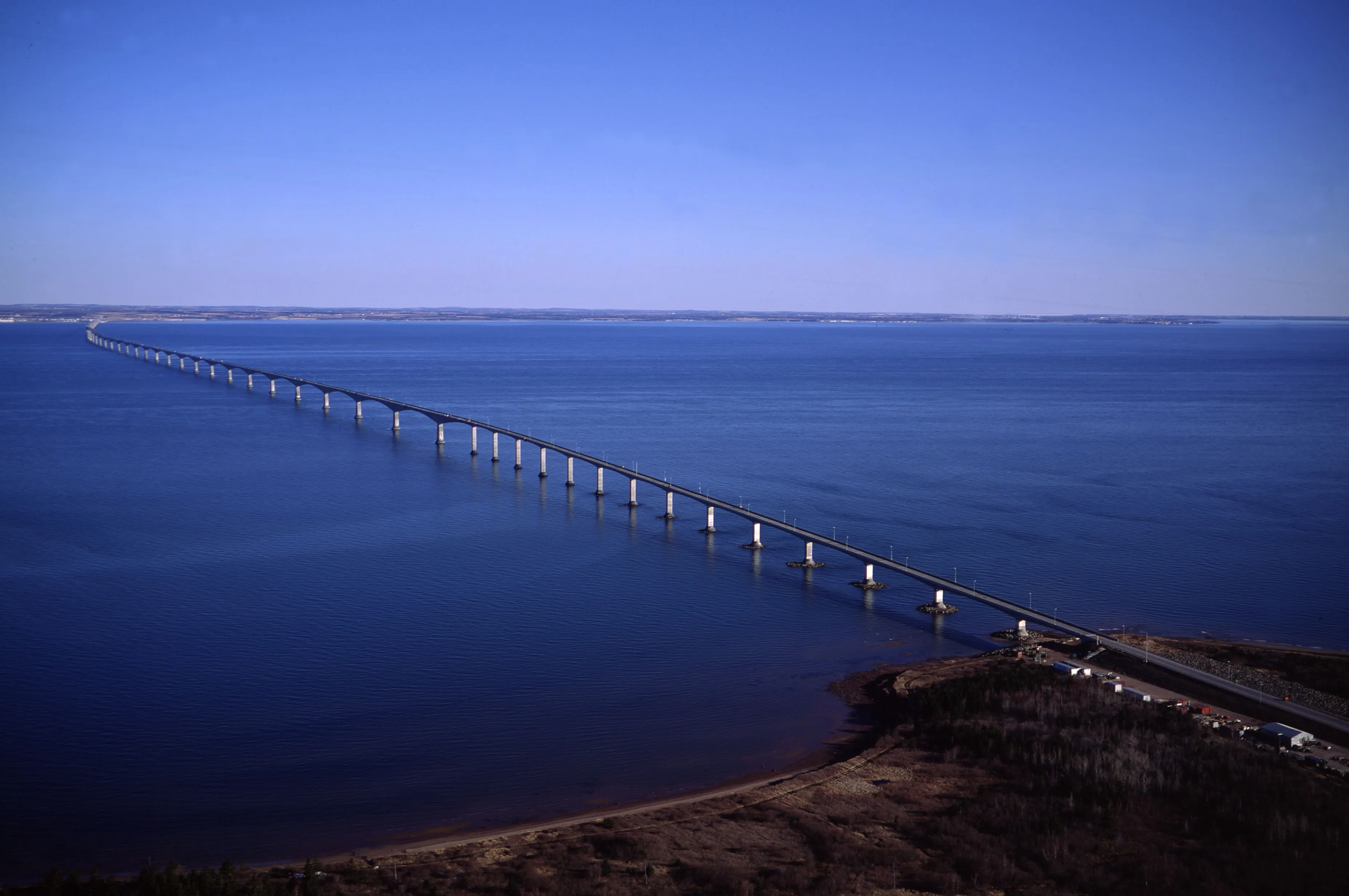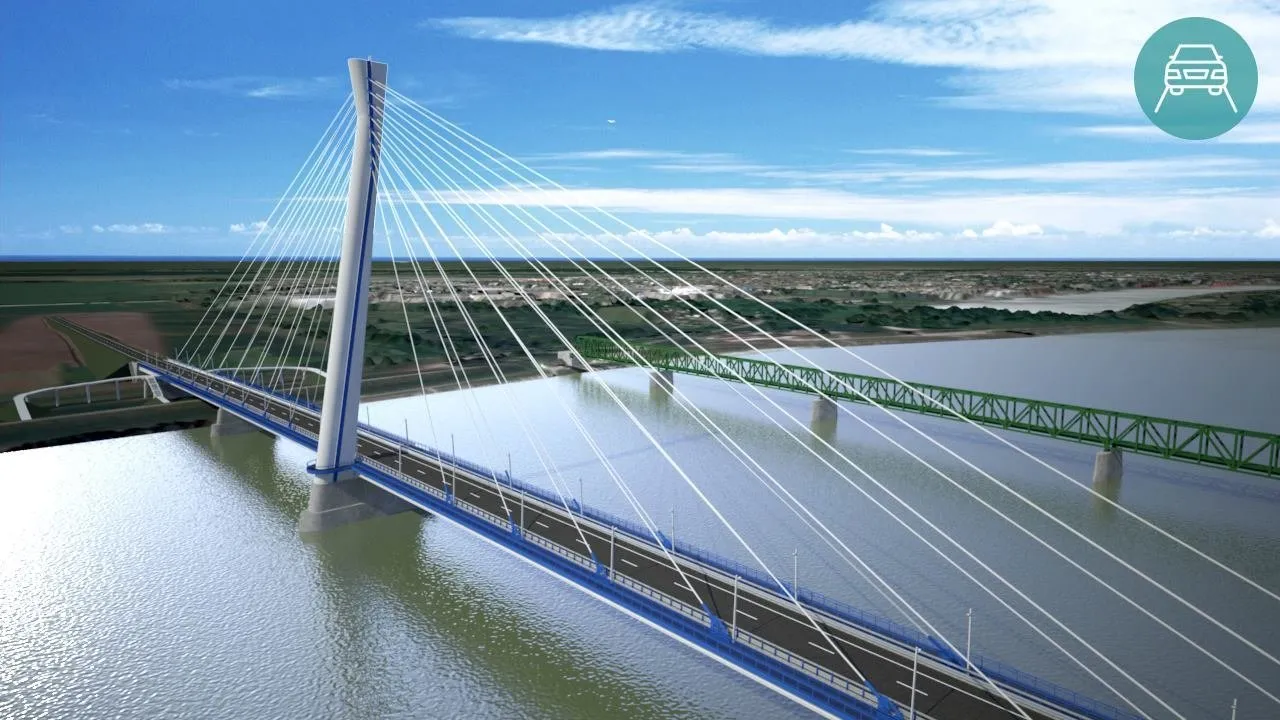A Danish newspaper has learned of a significant European Union funding gap for one of Europe’s most ambitious transportation road and rail projects.
The Fehmarn Belt Fixed Link would connect the German island of Fehmarn with the Danish island of Lolland. A submersed tunnel will cross the 18km-wide Fehmarn Belt, or Fehmarn Strait, in the Baltic Sea.
Last February news emerged that contractors had revamped their cost estimates, adding nearly €1.2 billion to the project. This put the final cost of the 18
July 9, 2015
Read time: 3 mins
A Danish newspaper has learned of a significant 1116 European Union funding gap for one of Europe’s most ambitious transportation road and rail projects.
The Fehmarn Belt Fixed Link would connect the German island of Fehmarn with the Danish island of Lolland. A submersed tunnel will cross the 18km-wide Fehmarn Belt, or Fehmarn Strait, in the Baltic Sea.
Last February news emerged that contractors had revamped their cost estimates, adding nearly €1.2 billion to the project. This put the final cost of the 18km tunnel including two railway tunnels, two motorway tunnels and an emergency tunnel, at just under €7.4 billion.
Business daily Dagbladet Borsen has now reported that the EU has given the project €590 million, far less than the €1 billion or so the Danes had expected and leaves a budget hole of more than €402 million.
However, Denmark’s former transport minister, Magnus Heunicke, said he hoped more money would be coming from the EU later on for the project that is expected to be open by 2024.
Borsen also reported that Denmark has another opportunity to apply for EU funds during the next application round in 2018, although no level of funding is guaranteed beforehand.
The new transport minister Hans Christian Schmidt will be under pressure to prepare for the new round, Borsen reported.
In April, the Danish parliament approved the Construction Act for the Danish section of the link which authorises construction of the tunnel. The act also authorises state-owned companies4782 Femern A/S and Femern A/S Landanlaeg to construct and operate the link.
But work cannot start until the German federal government has completed a review of the overall economics of the project, which due to be completed by the autumn. The German state of Schleswig-Holstein has yet to grant formal construction approval.
Fehmarn Island is already connected by bridge to the German mainland and Lolland is already connected by a tunnel and bridges to Zealand over the island Falster.
Zealand is the most populated island in Denmark with a population just under 2.5 million, representing about 45% of the country's population.
The project would cut around 160km off the driving distance between the Danish capital Copenhagen and the major northern German port of Hamburg. Driving time between Copenhagen and Hamburg would be down to around 2.4 hours versus the more than four hours now.
The Fehmarn Belt Fixed Link would connect the German island of Fehmarn with the Danish island of Lolland. A submersed tunnel will cross the 18km-wide Fehmarn Belt, or Fehmarn Strait, in the Baltic Sea.
Last February news emerged that contractors had revamped their cost estimates, adding nearly €1.2 billion to the project. This put the final cost of the 18km tunnel including two railway tunnels, two motorway tunnels and an emergency tunnel, at just under €7.4 billion.
Business daily Dagbladet Borsen has now reported that the EU has given the project €590 million, far less than the €1 billion or so the Danes had expected and leaves a budget hole of more than €402 million.
However, Denmark’s former transport minister, Magnus Heunicke, said he hoped more money would be coming from the EU later on for the project that is expected to be open by 2024.
Borsen also reported that Denmark has another opportunity to apply for EU funds during the next application round in 2018, although no level of funding is guaranteed beforehand.
The new transport minister Hans Christian Schmidt will be under pressure to prepare for the new round, Borsen reported.
In April, the Danish parliament approved the Construction Act for the Danish section of the link which authorises construction of the tunnel. The act also authorises state-owned companies
But work cannot start until the German federal government has completed a review of the overall economics of the project, which due to be completed by the autumn. The German state of Schleswig-Holstein has yet to grant formal construction approval.
Fehmarn Island is already connected by bridge to the German mainland and Lolland is already connected by a tunnel and bridges to Zealand over the island Falster.
Zealand is the most populated island in Denmark with a population just under 2.5 million, representing about 45% of the country's population.
The project would cut around 160km off the driving distance between the Danish capital Copenhagen and the major northern German port of Hamburg. Driving time between Copenhagen and Hamburg would be down to around 2.4 hours versus the more than four hours now.








